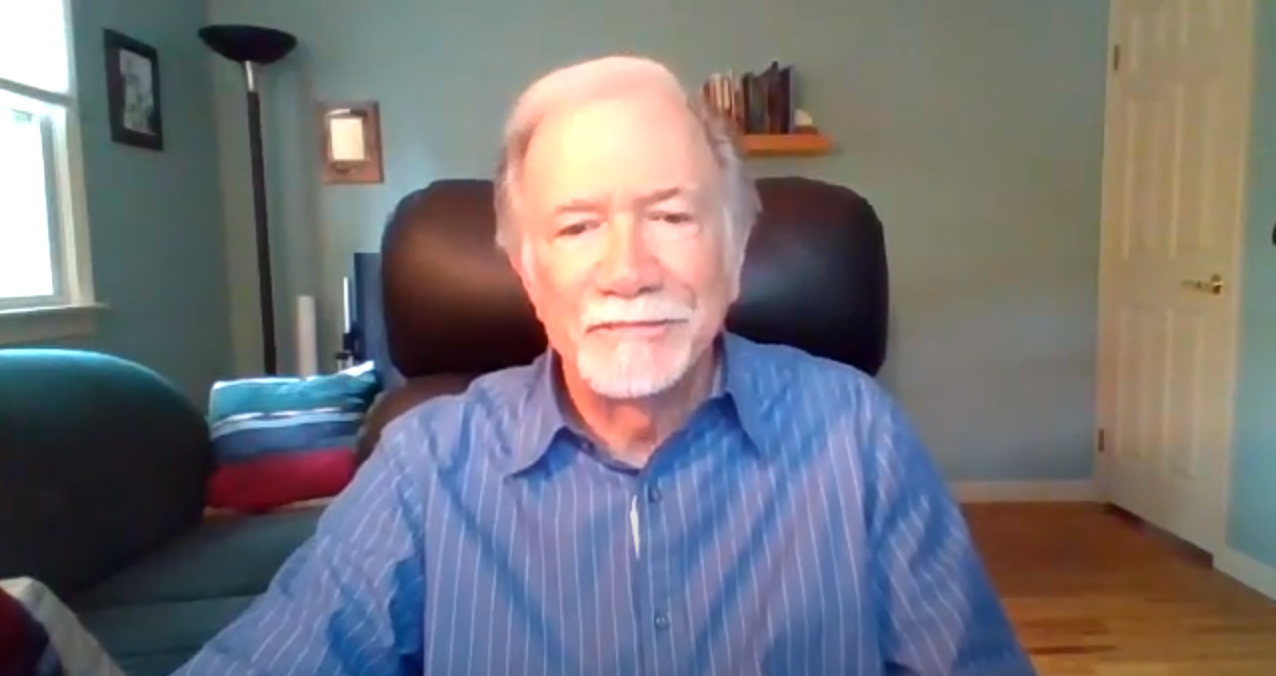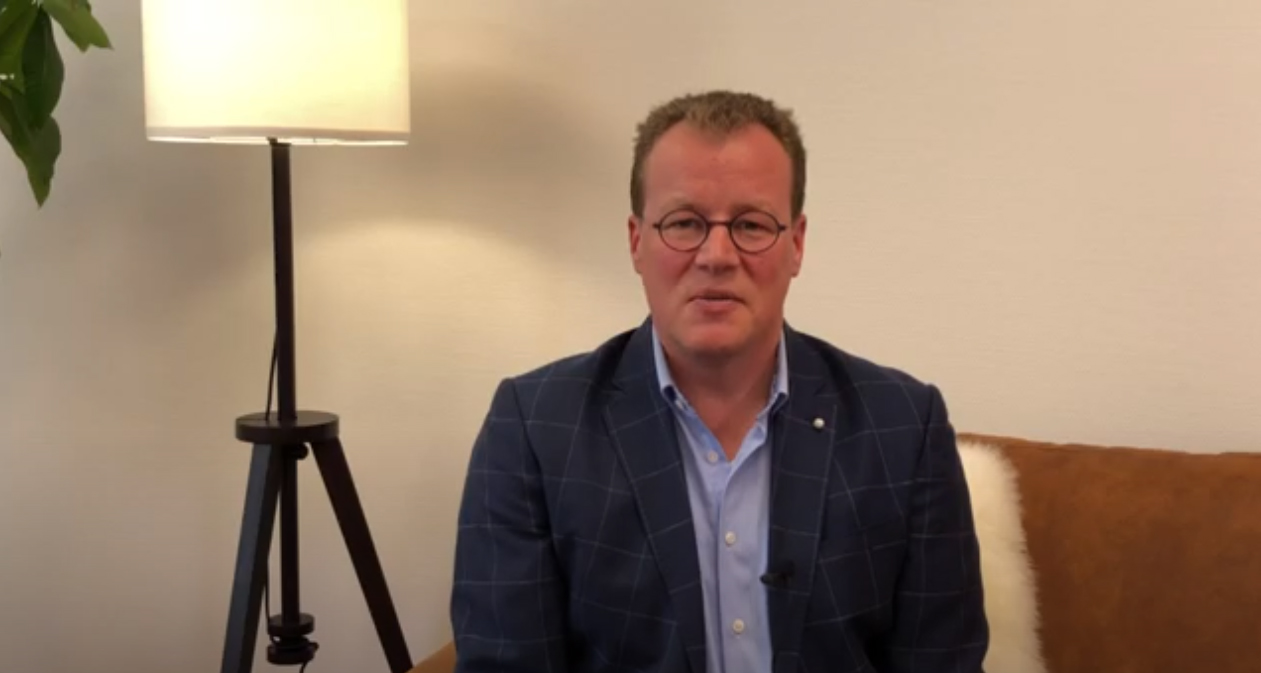Therapist self-care
Routledge authors are committed to helping mental health practitioners from all professions as you face new challenges resulting from the global pandemic. Whether you are looking for tips to improve your establish self-care practices or setting up a self-care routine from scratch, you’ll find advice and answers to relevant questions from our trusted experts.
Please click on the dropdowns below to freely access a range of short videos and other content designed to provide solutions to help with your practice. Topics include: responding creatively during uncertain times, how to move past paralyzing feelings of anxiety, managing anger, and how to respond if you feel you have lost your calling.
We will add to these offerings on an ongoing basis, so we hope you’ll check back when you’re looking for more advice!


Short video acknowledging these uncertain times including fear, complexity and overwhelm, with suggestions on how embracing a creative response can help. Specific reference to artists’ and poets’ knowledge of uncertainty is also given in the context of coaching people during uncertainty.

Tap and Breathe is a simple to use technique for an individual to diffuse stress or anger. In this video, Bob Schmidt demonstrates how to do it and why it works.

Ann Goelitz explains how a routine of self-care, which she uses in her own work with trauma survivors, has helped her personally during the crisis. She explores why it is important for you to find what routine of self-care works for you to ease anxiety and find happiness, offering examples such as meditation, physical exercise, and other activities, like reading.

Vanessa Sinclair shares strategies for mental health professionals and patients to take care of themselves and move past paralyzing feelings of anxiety during this unsettling time.

This video provides three steps to take when a mental health practitioner needs to reengage with self-care. It is especially for those who have gotten off track due to COVID-19 worries.

This video explores how we can use our compassionate mind to help us deal with the range of emotions we may be feeling - stress, anxiety, anger, sadness – during this crisis, and how we can use the body to support the mind.

This video is on how a crisis invites us to (re)connect with secure bases as sources of inspiration, resilience, and growth. In connection with our secure bases we can also discover our calling. Jakob encourages counselors to walk the path of transition with their clients.

This video differentiates between formal and informal mindfulness practice, and shows how we can integrate formal practice into everyday life.